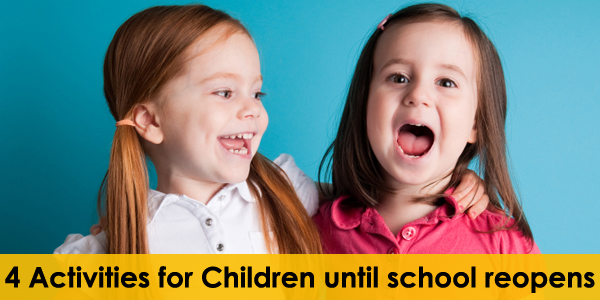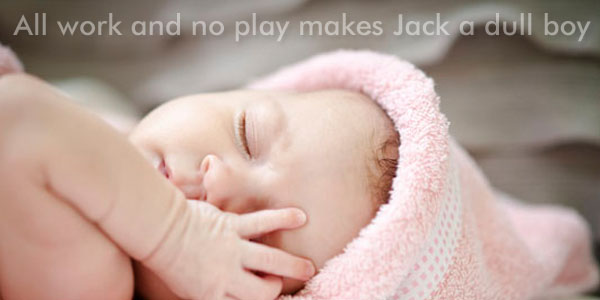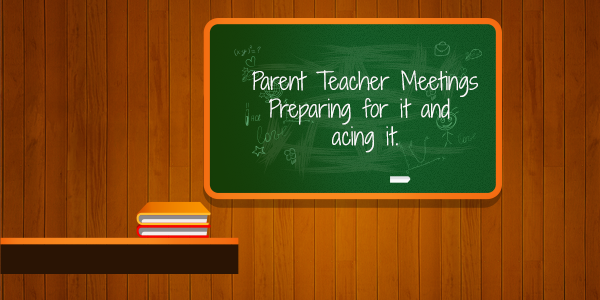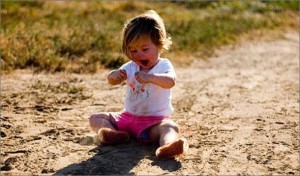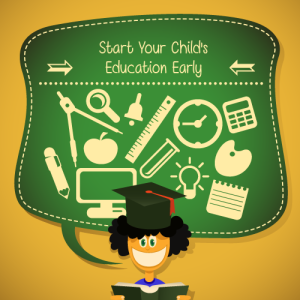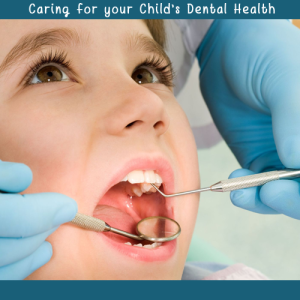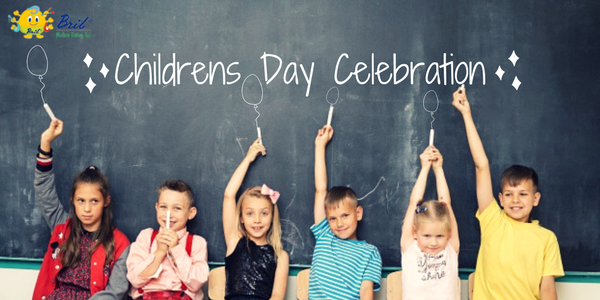
Children’s day in India is celebrated on 14th November which is India’s first Prime Minister, Jawahar Nehru’s, birthday. Mr. Nehru’s love for children was well-known and so his birthday was chosen to celebrate this day. Children’s day began in 1856 in Chelsea, Massachusetts, and from then on different countries celebrate this day on different dates to raise awareness about the rights, care & education of children.
